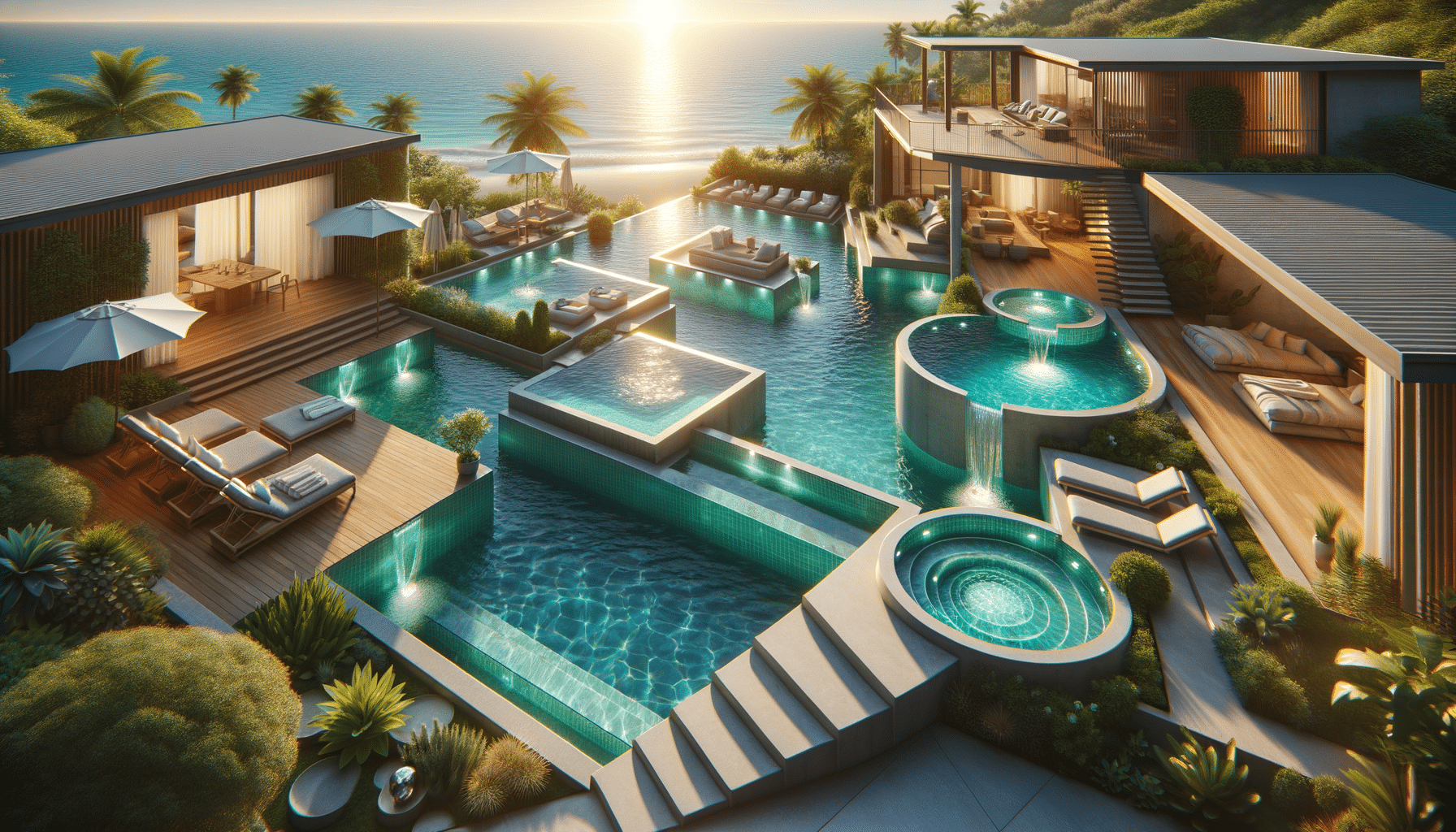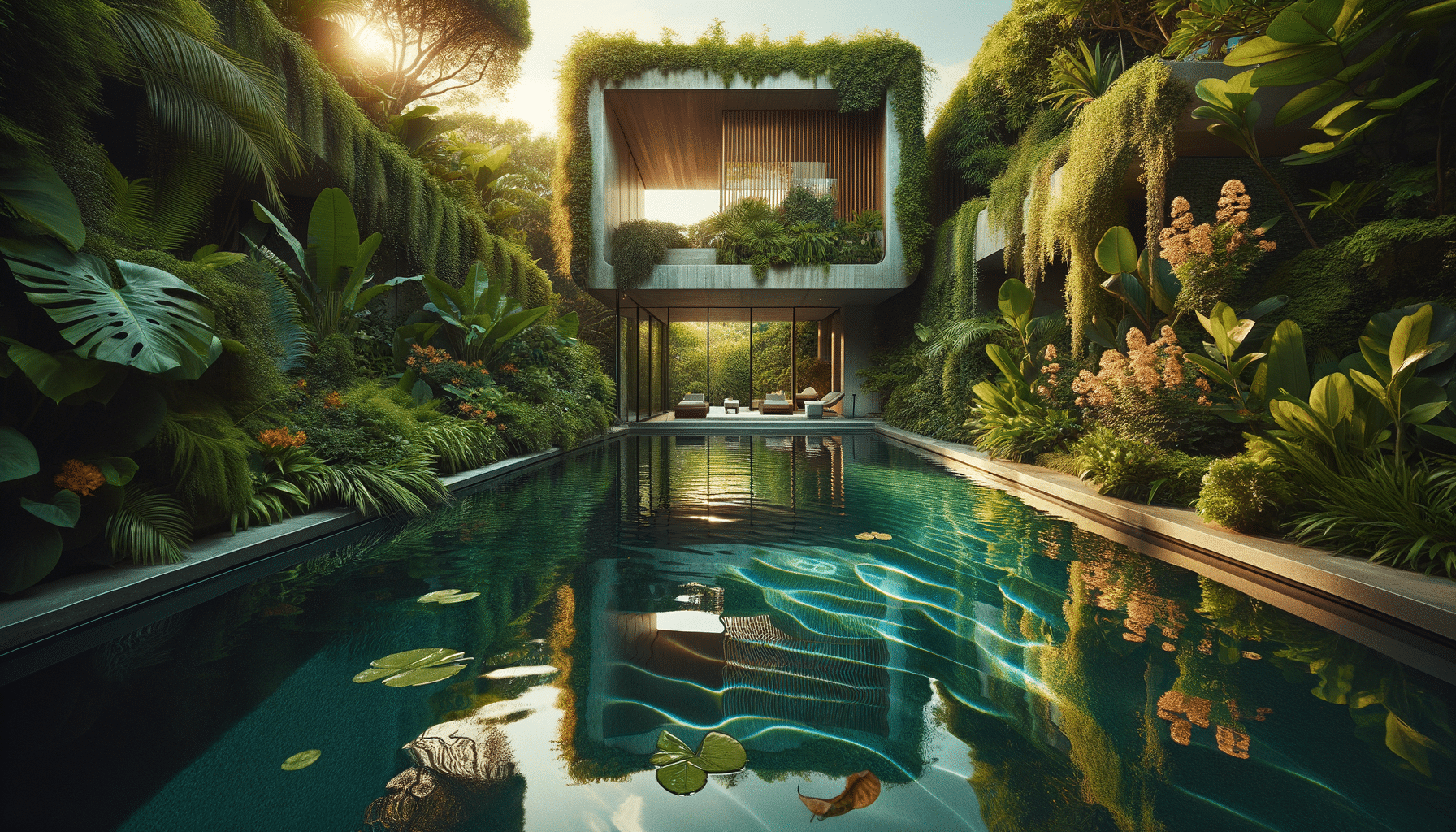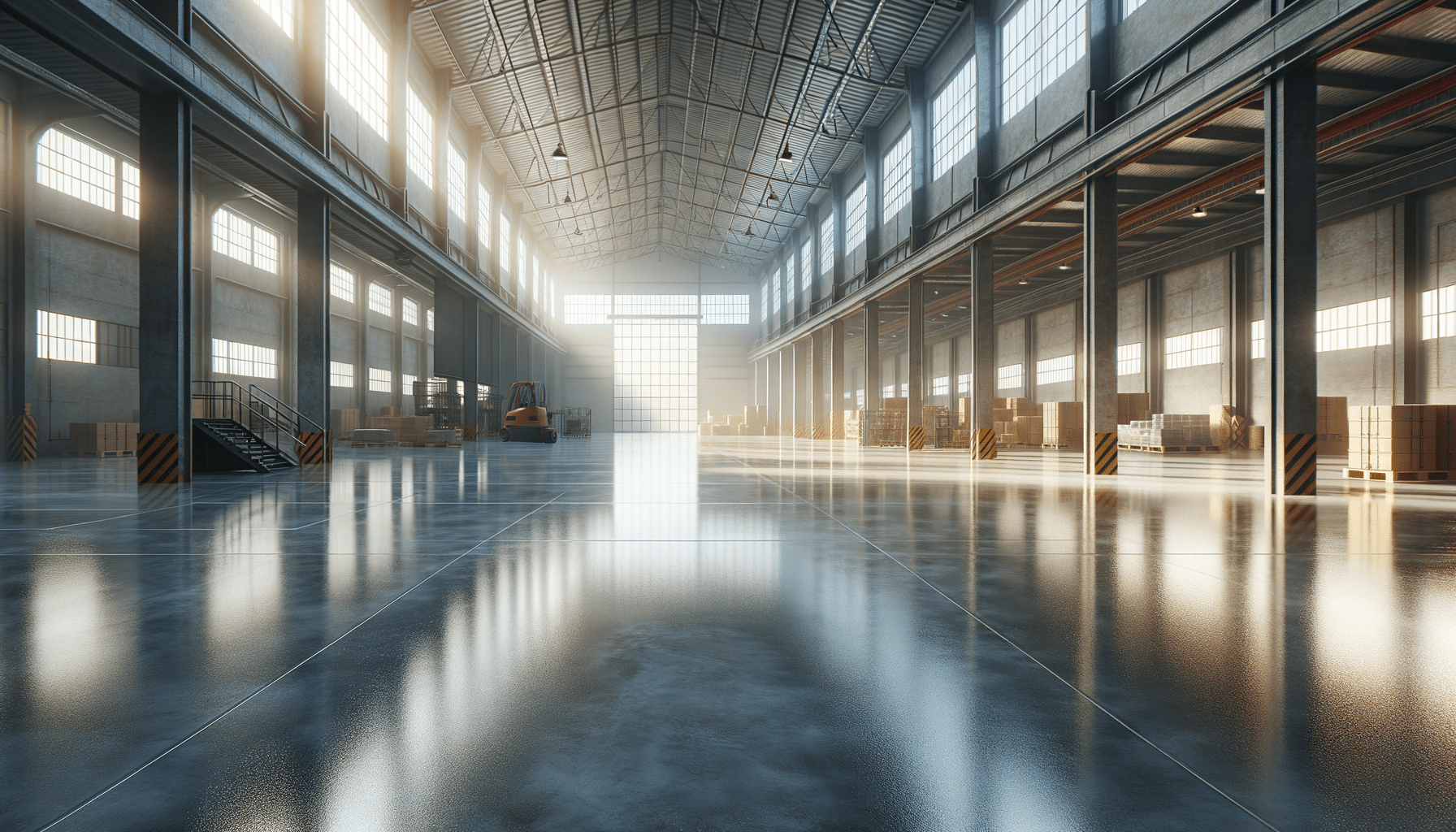
Exploring the Charm and Benefits of Small Pools
The Appeal of Small Pools
In recent years, small pools have become increasingly popular among homeowners. These compact aquatic features offer a unique blend of luxury and practicality, making them an appealing choice for those with limited space. Small pools, often referred to as plunge pools or splash pools, provide a refreshing escape from the heat without the need for a large backyard. They fit seamlessly into urban environments and smaller properties, offering a touch of elegance and a personal oasis for relaxation and entertainment.
One of the key attractions of small pools is their versatility. They can be customized to fit various design preferences, whether you desire a modern, sleek look or a more natural, rustic aesthetic. The smaller size also allows for more innovative design features, such as infinity edges or integrated water features, which can enhance the overall aesthetic appeal. Additionally, small pools are often more cost-effective than their larger counterparts, both in terms of initial construction and ongoing maintenance.
Moreover, small pools are environmentally friendly. They require less water and fewer chemicals, making them a sustainable choice for eco-conscious homeowners. The reduced energy consumption for heating and filtration further adds to their appeal. With the right landscaping and design, a small pool can transform even the smallest of outdoor spaces into a tranquil retreat, offering a perfect blend of style and functionality.
Design Considerations for Small Pools
When planning a small pool, design considerations play a crucial role in maximizing the space and functionality. The first step is to evaluate the available space and determine the pool’s primary purpose. Whether it’s for relaxation, exercise, or entertainment, understanding your needs will guide the design process. Compact pools can be designed in various shapes, from classic rectangles to freeform designs, allowing for creative use of the available area.
Another important aspect is the integration of features that enhance the pool’s usability. For instance, incorporating built-in seating or spa jets can add a luxurious touch, while a swim jet system can provide exercise opportunities in a confined space. Lighting is also a critical element, as it can create an inviting ambiance and extend the pool’s usability into the evening hours.
Landscaping around the pool is equally important. Thoughtful planting and hardscaping can create a cohesive look that complements the pool and the surrounding environment. Consider using native plants that require minimal maintenance and water. Additionally, privacy is a key consideration, especially in urban settings. Strategically placed screens, fences, or hedges can provide seclusion and enhance the overall pool experience.
Maintenance and Upkeep of Small Pools
Maintaining a small pool is generally easier and more cost-effective than a larger pool, but it still requires regular attention to ensure it remains in optimal condition. The smaller volume of water means that any imbalances in chemicals can have a more pronounced effect, so regular testing and adjustment of water chemistry are essential. Investing in a high-quality pool cover can help keep debris out and reduce evaporation, further easing maintenance efforts.
Cleaning is another important aspect of pool maintenance. Regular skimming, vacuuming, and brushing of the pool surfaces will prevent the buildup of dirt and algae. Many small pool owners opt for automatic pool cleaners, which can save time and effort. Additionally, the filtration system should be checked and cleaned regularly to ensure efficient operation.
Seasonal maintenance is also crucial. In colder climates, winterizing the pool can prevent damage from freezing temperatures. This includes draining the water to the appropriate level, adding winterizing chemicals, and covering the pool securely. In warmer regions, year-round maintenance is necessary to keep the pool in pristine condition. By staying on top of these tasks, small pool owners can enjoy a clean and inviting pool throughout the year.
Cost Considerations for Small Pools
The cost of installing a small pool can vary greatly depending on factors such as materials, design complexity, and additional features. Generally, small pools are more affordable than larger ones, making them an attractive option for budget-conscious homeowners. The reduced size means less excavation and fewer materials, which can significantly lower construction costs.
However, it’s important to consider the ongoing costs associated with pool ownership. While small pools require less water and chemicals, regular maintenance and potential repairs should be factored into the budget. Energy costs can also vary depending on the heating and filtration systems used. Investing in energy-efficient equipment can help minimize these expenses over time.
Financing options are available for those who wish to spread the cost over time. Many pool companies offer payment plans or partnerships with financial institutions to make pool ownership more accessible. It’s advisable to obtain multiple quotes and thoroughly research potential contractors to ensure a fair price and quality workmanship. By carefully considering these financial aspects, homeowners can enjoy the benefits of a small pool without overspending.
The Future of Small Pools
As urbanization continues and outdoor space becomes more limited, the demand for small pools is expected to grow. Innovations in pool technology and design are making it easier than ever to incorporate these features into a variety of settings. From rooftop installations to indoor plunge pools, the possibilities are expanding, allowing more homeowners to enjoy the benefits of a personal aquatic retreat.
Advancements in smart technology are also influencing the future of small pools. Automated systems for cleaning, heating, and chemical management are becoming more common, offering convenience and efficiency. These systems can be controlled remotely via smartphones or tablets, allowing users to monitor and adjust their pool settings from anywhere.
Moreover, the emphasis on sustainability is likely to drive further innovations in eco-friendly pool designs. Solar heating, energy-efficient pumps, and sustainable building materials are becoming standard considerations in pool construction. As these trends continue, small pools will remain a viable and attractive option for homeowners seeking a balance of luxury and practicality in their outdoor spaces.


